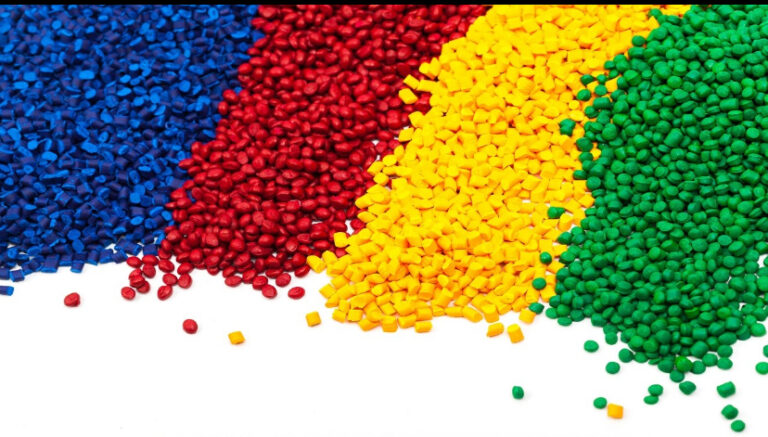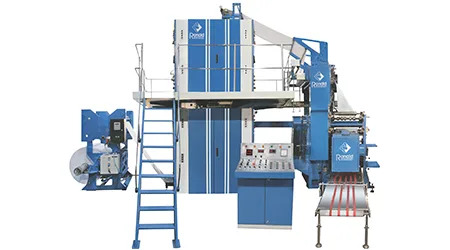Introduction: A new era for oil refining
The oil refining industry has been the pillar of world energy and industry for decades. With mounting pressure for cleaner energy and world-class refinery efficiency, technology is transforming crude oil refining. Advanced technologies like AI-based automation, green refinery technology, and digital twin simulation are transforming operation efficiency, sustainability, and cost.
This paper is interested in the oil refining future and how the latest solution is remaking the game as well as the role of edible oil refinery unit manufacturers and edible oil refining equipment producers.
The evolving landscape of oil refining
Digitalization and ai in oil refining
Application of Machine Learning (ML) and Artificial Intelligence (AI) is greatly increasing the level of efficiency of the refineries. AI-based solutions are supporting predictive maintenance, real-time monitoring, as well as process optimization.
- AI Predictive Maintenance is the practice of applying AI to machine performance monitoring with the goal of being able to forecast breakdown before it happens and reduce downtime and repair cost.
- Digital Twins: Refineries are relying increasingly on increasingly digital copies of their units to simulate process optimization before applying it in real operating conditions.
- Automated Process Control: Refining conditions are monitored and controlled in real-time by AI-software to attain the best yield, energy efficiency, and product quality.
Green refining: Moving towards sustainability
With stricter environmental regulations being enforced, refineries are also moving towards greener means of carbon intensity reduction and waste minimization.
- Hydrogen-Based Desulfurization: It reduces the sulfur content in fuel and hence lower burning emissions.
- Bio-Based Feedstocks: Refineries perform some mixing of crude with biofuels derived from biomass with the aim of minimizing fossil fuel dependence.
- Carbon Use and Capture (CCU): The future refineries are using carbon capture technology to minimize carbon emissions and utilize CO₂ as value-added by-products.
Advanced catalytic cracking and process innovations
Efficiency gain relies heavily on catalysts that speed up chemical reactions. Latest advances in nanocatalyst and super-high-performance hydrocracking help the refineries to generate more valuable crude product with fewer wastes.
- Nanocatalysts: They increase rate of reaction and efficiency with higher yield and less processing time.
- Plasma-Assisted Cracking: Refining temperature is minimized with plasma technology and energy is therefore saved.
- Supercritical Fluid Extraction: The process improves separation with the result being a superior quality oil of refined oil.
Role of edible oil refining equipment in industrial transformation
As technology transformations are transforming traditional refining of petroleum into the force to be reckoned with, similarly technology transformations are changing the edible oil refining. Automation, filtration, and purification technologies are simplifying processing of premium edible oils.
- Smart Filtration Systems: Highly efficient filters lead to maximum recovery of impurities with least loss of oil.
- Automatic Deodorization Units: They introduce uniformity in the deodorization and flavor removal, leading to better quality of end product.
- Efficient Bleaching Operations: Fresh technology of enhanced quality in bleaching earth involves color extraction without destroying nutrients.
Case study: AI implementation in an oil refinery
Recently commissioned at one of the world’s best refineries with AI-driven all-round surveillance of all operations, reporting:
- 20% reduction in downtime for operations
- 15% increase in refining yield
- 25% reduction in maintenance cost
These statistics establish the susceptibility of technology-enhanced refining optimization to maintain cost minimal and production maximal.
Pros & cons of advanced oil refining technologies
Pros:
✔ Efficiency enhanced – Smarts automation saves wastage and enhances use of resources.
✔ Lower emissions – Green technology refining keeps the environment in balance.
✔ Improved quality of the product – Refining operations give better and cleaner quality oil and fuel.
✔ Lower operational cost – Preventive maintenance reduces the operational cost.
Cons:
❌ Huge size of investment – Installation of AI and green technology requires massive investment.
❌ Expert man power – Maintenance of complex equipment requires training of experts.
❌ Complexity of rules-and-regulations – Handling various rules and regulations is tough.
Conclusion: The road ahead for oil refining
The future of oil refining is being shaped by the latest technology, AI automation, and green projects. Smart systems, once they are implemented in refineries, are cost-effective, cost-saving, and environment-friendly.
For oil refining equipment manufacturers, embracing innovation will be the key driver in providing quality output and competitiveness in a transforming market.
💬 What’s the future of oil refining, in your opinion? Let us know in the comments!
FAQs: Future of oil refining
1. Will AI replace human workers in oil refining?
Not quite. Human ability will still be needed for decision-making and system operation with repetitive activities done by AI.
2. How do green refining technologies impact profitability?
Even assuming there is capital investment funds to be recouped at first, green refining technology is lower cost and already a headstart in compliance.
3. What role do manufacturers of edible oil refinery units play in modern refining?
The firms make effective processing units so that producers of edible oil can provide sustainability and quality.







